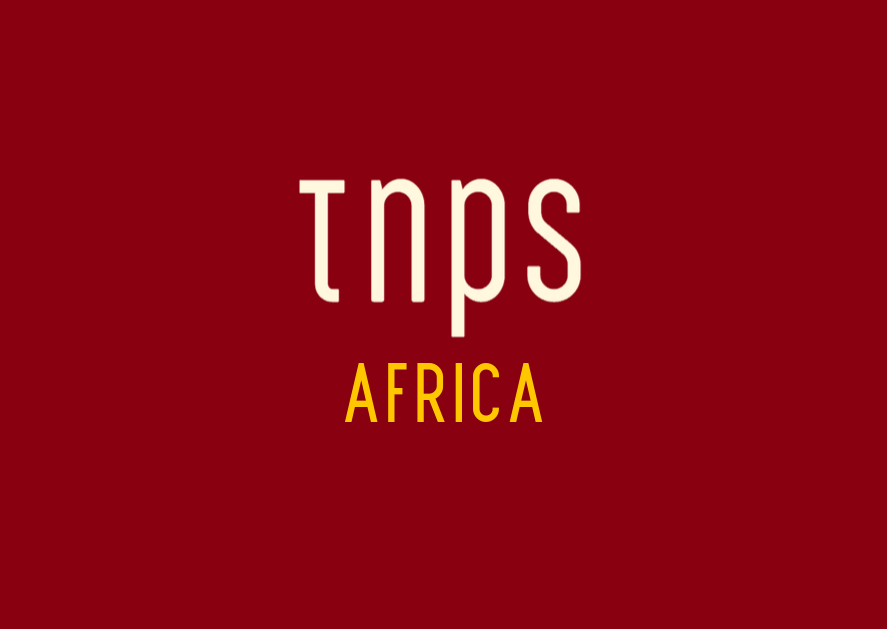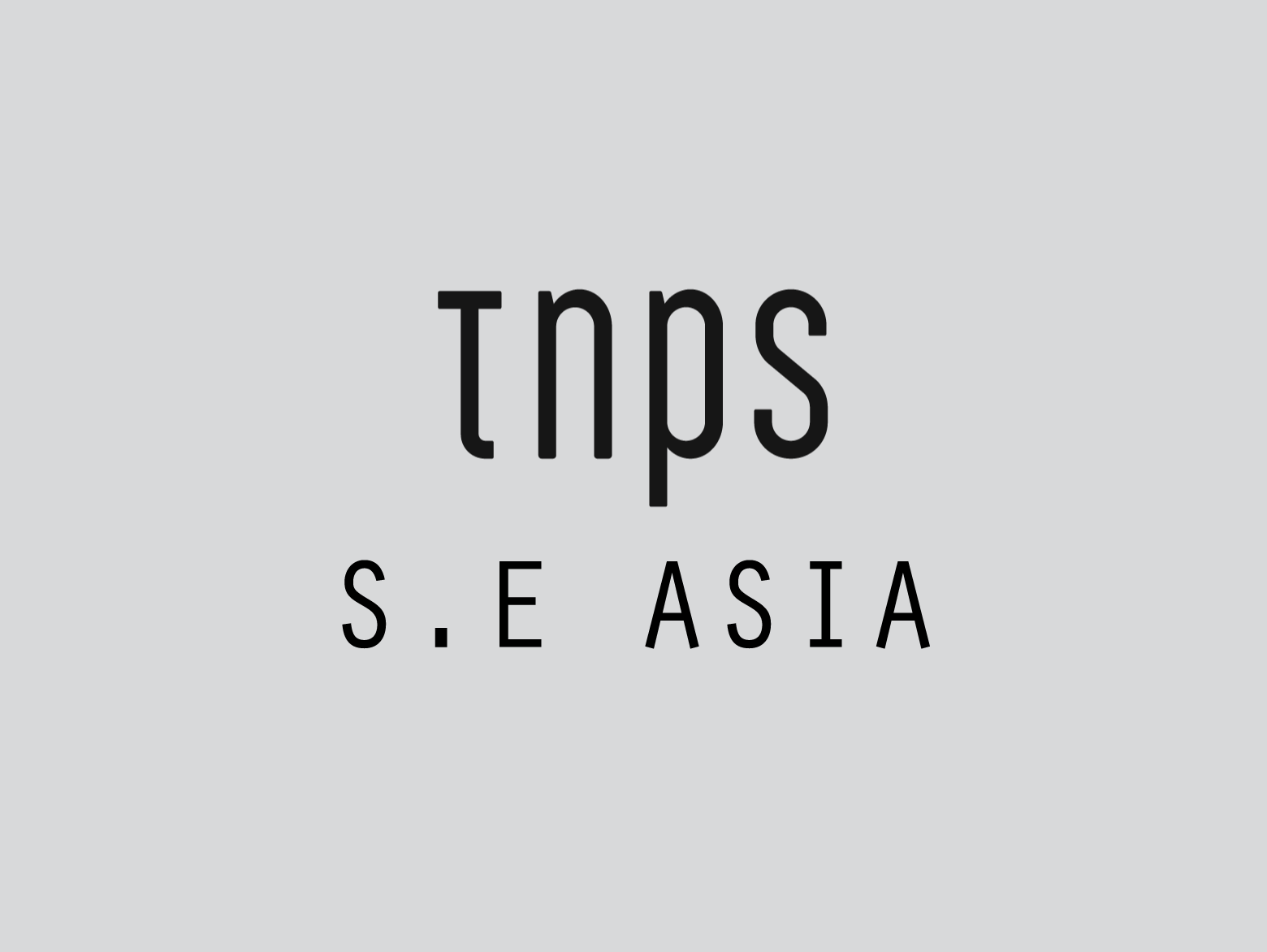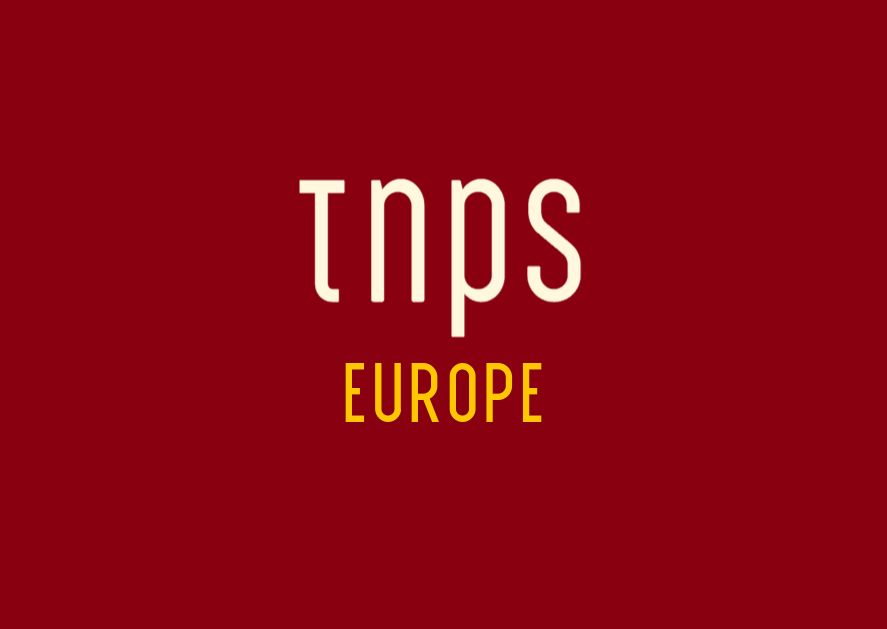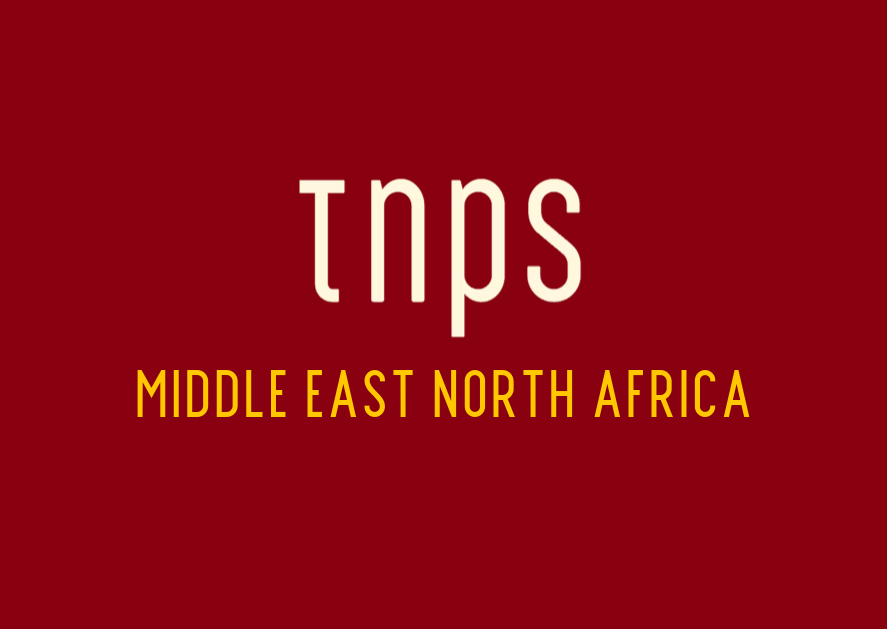Named after the fictional town in Gabriel Garcia Marquez’s One Hundred Years of Solitude, “a place where magical things happen,” the Macondo Literary Festival will debut in Nairobi from 27 to 29 September 2019.
The event seeks to,
promote literature and authors of and from Africa beyond linguistic borders, to initiate and encourage the engagement of a wider public with literature and its creators as a means of societal growth (and is) intended as a platform for the exploration of belonging, identity and history among Anglophone and Lusophone authors and audiences in Kenya whose societies were artificially separated through colonial demarcations, but similarly impacted by the different forces of history, more particularly colonization.
Brittle Paper, which has updates on the event not on the website as this post goes live, reports:
For this first edition of the festival, Lusophone authors from Mozambique, Angola, GuineaBissau etc. are to be invited because in recent years, several novels by contemporary Lusophone writers got translated into English for the first time, making these writings accessible to a much wider audience. These translations reveal that their authors have been engaging with their countries’ histories for decades.
Authors from the Anglophone and Lusophone worlds of Africa will engage with each other and with the Kenyan audience in a series of panel discussions, readings, interviews, meet-the-author sessions etc on issues of (shared) histories (What unites, what separates us?) based on the authors’ works of historical (non) fiction. During these engagements, in order to insert new perspectives and actors into the societal debate around identity and the way forward for African nations, questions such as the following are discussed:
Why are African identities still intertwined with and shaped by the colonial experience? From which lenses and how are African peoples’ histories told and retold? Who are we? How did we become who we are? What is true about our history? Where are we headed in response to our past? How do we shape our future?

More details on Brittle Paper. Here to take a step back and talk briefly about the bigger picture of post-colonial African literature.
As someone in African but not born African I found this coverage and positioning refreshing.
“Societies artificially separated through colonial demarcations” is a concept we need to talk about more if we are to bring a sense of continental unity to the African literature debate.
Yet at the same time the very nature of this festival, celebrating literature in the colonial languages English and Portuguese which epitomise the artificial demarcations, but with no apparent reference to or even acknowledgement of, the myriad and beautiful indigenous languages of the region, seems itself to answer one of the questions being asked: “Why are African identities still intertwined with and shaped by the colonial experience?”
But above all, what matters is that literature of different countries and nations, no matter how their borders came about, can be enjoyed beyond those borders.
On the Macondo Festival website Mozambiquan author Mia Coutu is quoted as saying,
Separated by official languages, geography and strategic regions, our continent is unknown to itself today more than ever. In the field of literature, we know little of what our neighbors are debating and publishing. Even worse, what we know comes from Europe, through old and untouchable colonial circuits. African literary festivals can be a way to break this isolation and reciprocal ignorance.
Strong sentiments that carry conviction. Yet the suggestion “our continent is unknown to itself today more than ever” is open to question.
The tremendous progress of the internet across the continent – there are now over a half billion Africans online – means Africans, wherever they may live, have access to news, knowledge and perspectives that even ten years ago was inconceivable.
And with that internet access comes the potential to have access to literature from across the continent and around the world.
If literary festivals are a way to break the isolation and reciprocal ignorance of African countries, how much more so when they go hand in hand with the advantage digital brings.
I’ve no chance of getting to the Macondo Festival or pretty much any other literary fairs and festivals across the continent. But in the next decade we might all have the opportunity to share in these events through our smartphone connections, live as they happen.





